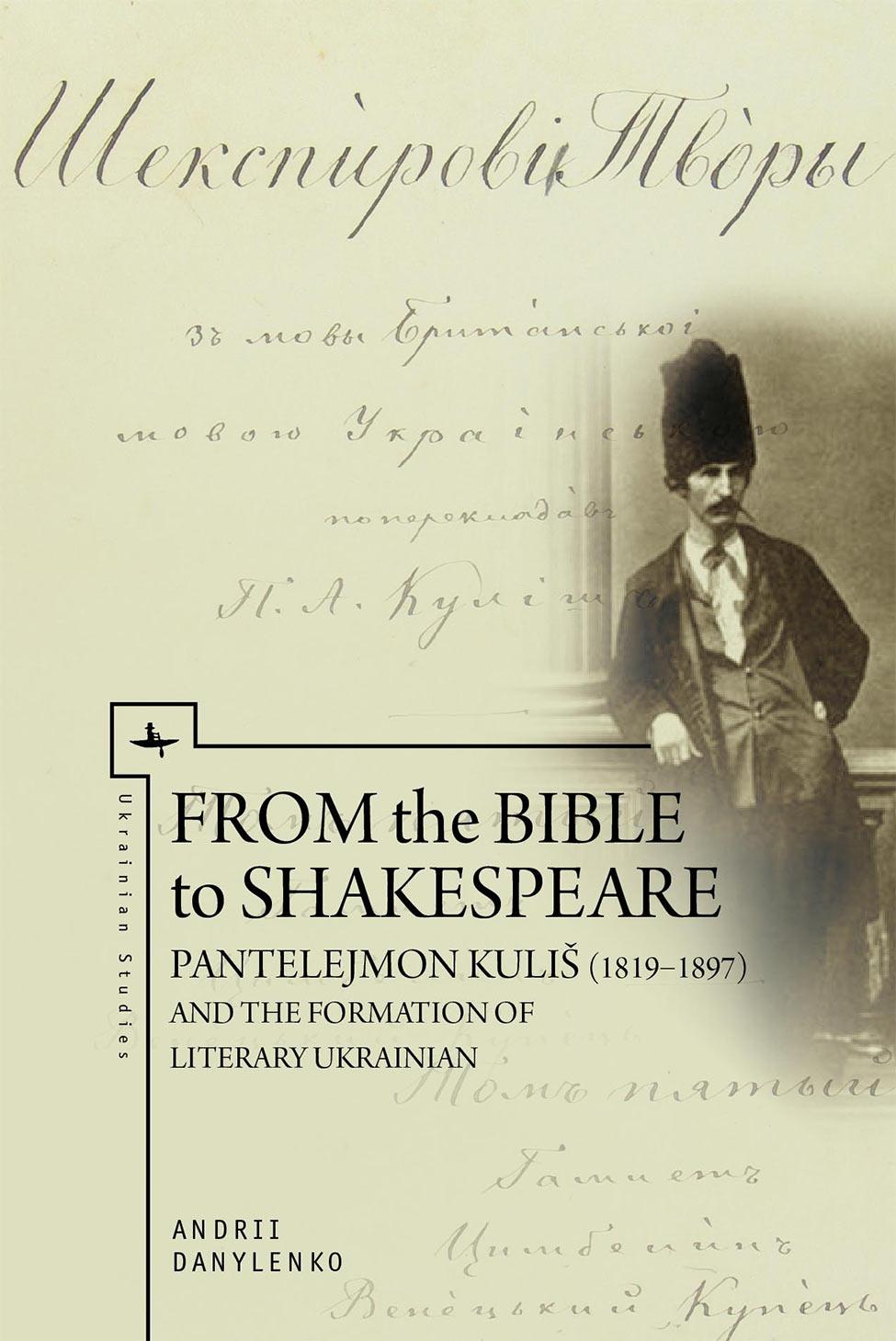

From The Bible To Shakespeare
Andriy Danylenko, PhD
Professor Modern Languages And Cultures, NYC

What is the central theme of your book?
My book is a linguistic biography of a true Ukrainian maverick, Pantelejmon Kuliš, who is arguably one of the most controversial figures in the national revival of Ukraine. His was a gargantuan work to elevate vernacular Ukrainian to the level of all other “civilized” (standard) languages in nineteenth–century Europe.
What inspired you to write this book?
I always admired this author’s independent spirit and even stubbornness in creating a separate Ukrainian high culture, including a full-fledged literary language and a truly national literature, in the Russian Empire, which has never been friendly to her national minorities and their languages.
Why is this book important in your field?
This is the first interdisciplinary study of this Ukrainian writer whose translations are unique. I look at his translations primarily from the perspective of cultural and ethnic studies, presenting standard Ukrainian as a process of negotiation among literary traditions, religions, political movements, and personalities. That’s what is most innovative in this book. The book is not only about the Ukrainian language, it is about the past society viewed through the lens of this language.
Tell me about a particularly special moment in writing this book.
I worked at different archives in different countries. But I particularly remember the day I spent at the Bible Society’s Library housed at Cambridge University - I was offered a cup of tea by a librarian who at the end of the day felt pity for my exhaustion. That was a nice gesture!
What is the one thing you hope readers take away from your book?
I hope my readers and students will understand that national revival among Slavs has been a challenging process which in some places is still under way, though in its postcolonial guise.
Is there anything else you would like to share about your book?
I authored and edited some 10 books but this one is the dearest to me since it deals with the multifaceted fate of one of the largest – Ukrainian – nation in Europe
Fun Facts
When did you join Dyson?
I have been working at Pace since 2002, going through all possible academic ranks from part-time lecturer to full professor.
What motivates you as a teacher?
My teaching motto, 'docendo discimus,' - we learn by teaching - stems from my 35-year teaching experience in culturally diverse classes in Russia, Ukraine, and for the last 15 years in the US. I teach my students and they teach me in reverse.
What do you do in your spare time; to relax/unwind?
I used to play piano, but today, since I have no time to practice any more, I prefer going to concerts. I am also proud of my collection of classical music, which is pretty big.
What are you reading right now?
For pleasure, I just finished reading a wonderful Polish-language book, “Who is afraid of truth?,” by Barbara Stanisławczyk, who explores modern challenges faced by Christian Civilization in today’s Poland.